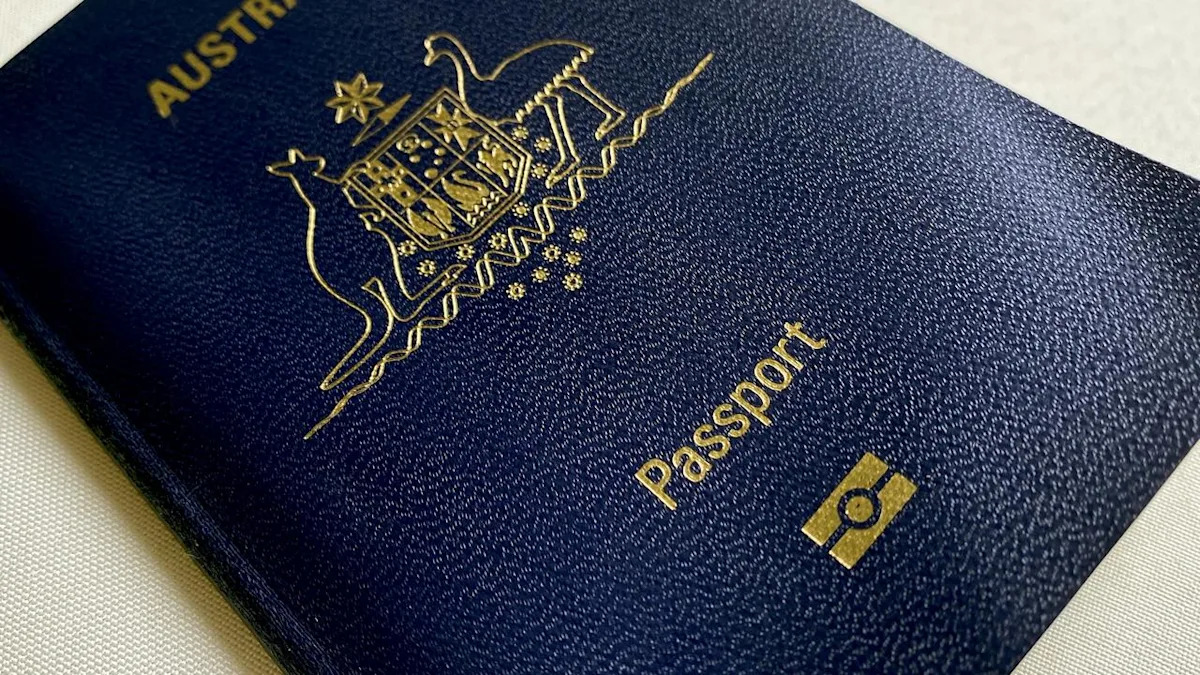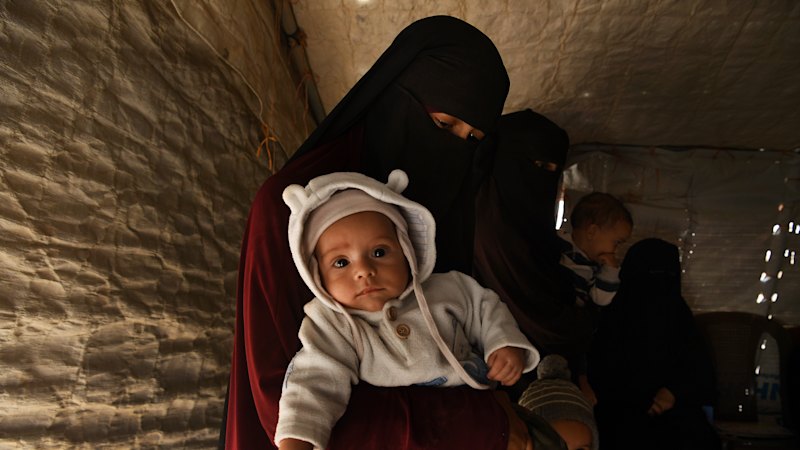
Respected AFL journalist Caroline Wilson has launched a scathing critique of Geelong and player Bailey Smith following a series of controversial actions during the club’s end-of-year celebrations. Wilson, known for her candid commentary, described Smith as a “selfish brat” and labeled the club’s response to the incident as “pathetic.”
The incident unfolded during Geelong’s traditional Mad Monday festivities, where Smith’s teammate Max Holmes dressed up as Wilson, and Smith posted a series of now-deleted Instagram posts from the event. In a column titled “Bailey Smith’s social media post about me was insulting and sexist. How dare he?” Wilson expressed her outrage over the behavior and the club’s handling of the situation.
Controversy at Geelong’s Mad Monday
Geelong’s Mad Monday celebrations have long been an annual tradition, often marked by light-hearted costumes and camaraderie. However, this year’s event took a controversial turn. According to Wilson, Smith’s actions during the celebrations were the culmination of a season-long pattern of behavior, which she described as a “ticking time bomb.”
Wilson detailed how the offensive nature of Smith’s social media post was brought to her attention by her daughter, who deciphered an offensive emoji. This revelation prompted Wilson to publicly call out both Smith and Geelong for enabling such behavior.
“The sexist post targeted me, but it wasn’t until my daughter deciphered the offensive emoji that I felt compelled to call out Bailey Smith and the club enabling him,” Wilson wrote in The Age.
Geelong’s Response and Public Apology
In response to the backlash, Geelong issued a public apology, acknowledging that “certain costumes and associated social media posts were inappropriate and a significant error of judgement.” The club also announced that future post-season events would undergo significant changes to align with community standards.
“The club has decided future post-season events will not continue in this current form, and we will take this moment to further educate our people on expectations and club and community standards,” Geelong stated.
Wilson criticized Geelong’s chief, Steve Hocking, for his silence on the matter, and noted the club’s delayed and generic response. She argued that the apology failed to address the core issues and lacked accountability.
“Frankly, it was a pathetic response which completely missed the point,” Wilson wrote.
Wider Implications and Community Reaction
Wilson’s comments have sparked a broader discussion about the behavior of AFL players and the responsibilities of clubs in managing their conduct. She highlighted the challenges of discussing player behavior in the context of mental health, but emphasized the need for accountability.
According to Wilson, Smith’s actions not only offended her personally but also disrespected the gay community and women in the industry. The post was reportedly removed only after intervention from her colleague, Jacqui Reed.
“This is not a case of professional outrage. How dare Smith get away with sending such an insulting and sexist message to aspiring females with strong opinions working in the media or elsewhere in the AFL,” Wilson wrote.
Looking Forward
The controversy surrounding Geelong’s Mad Monday highlights the ongoing challenges faced by sports organizations in balancing tradition with modern societal expectations. As clubs navigate these complexities, the incident serves as a reminder of the importance of fostering an inclusive and respectful culture.
Geelong’s commitment to reevaluating their post-season events and addressing community standards is a step towards rebuilding trust. However, the incident underscores the need for continued dialogue and proactive measures to prevent similar occurrences in the future.
As the AFL community reflects on these events, the focus will likely remain on ensuring that players and clubs uphold values that reflect the diversity and inclusivity of the sport’s fanbase.







